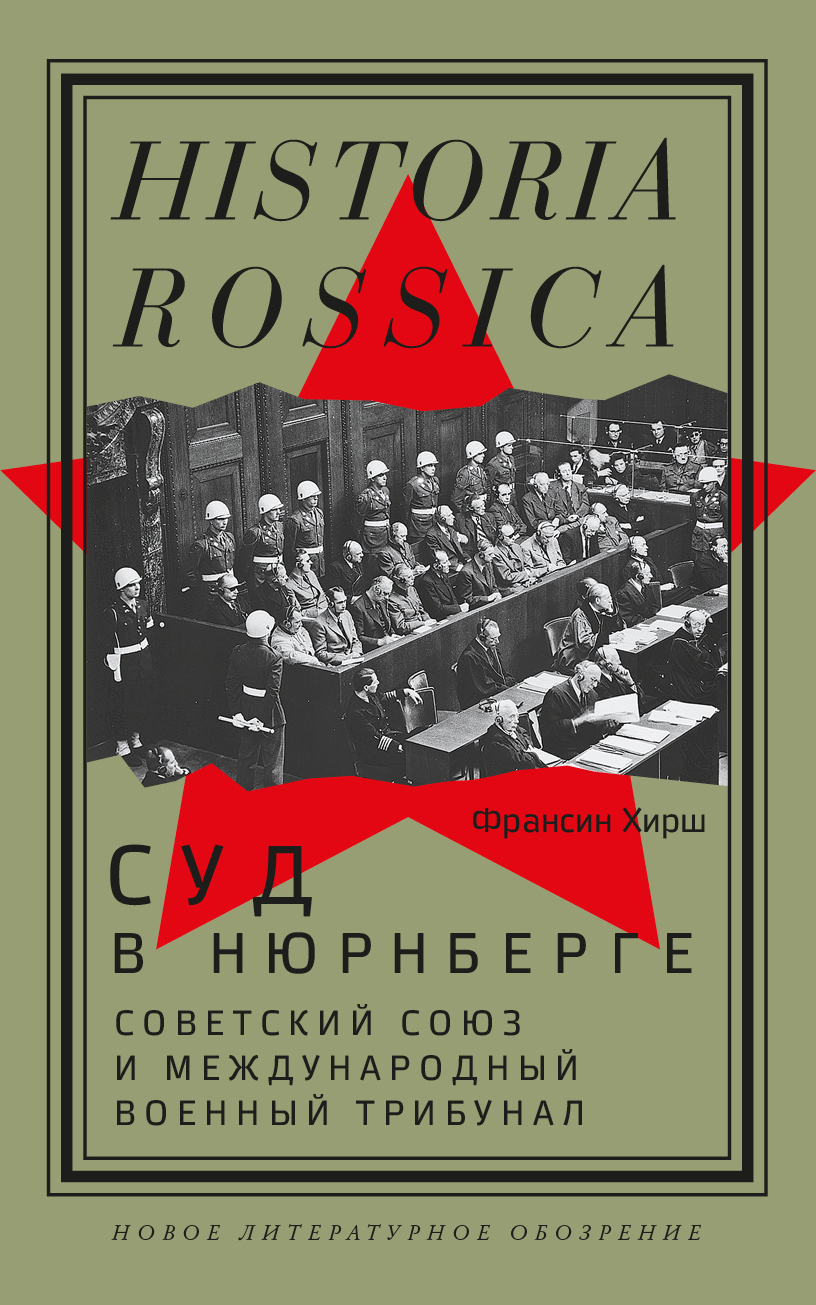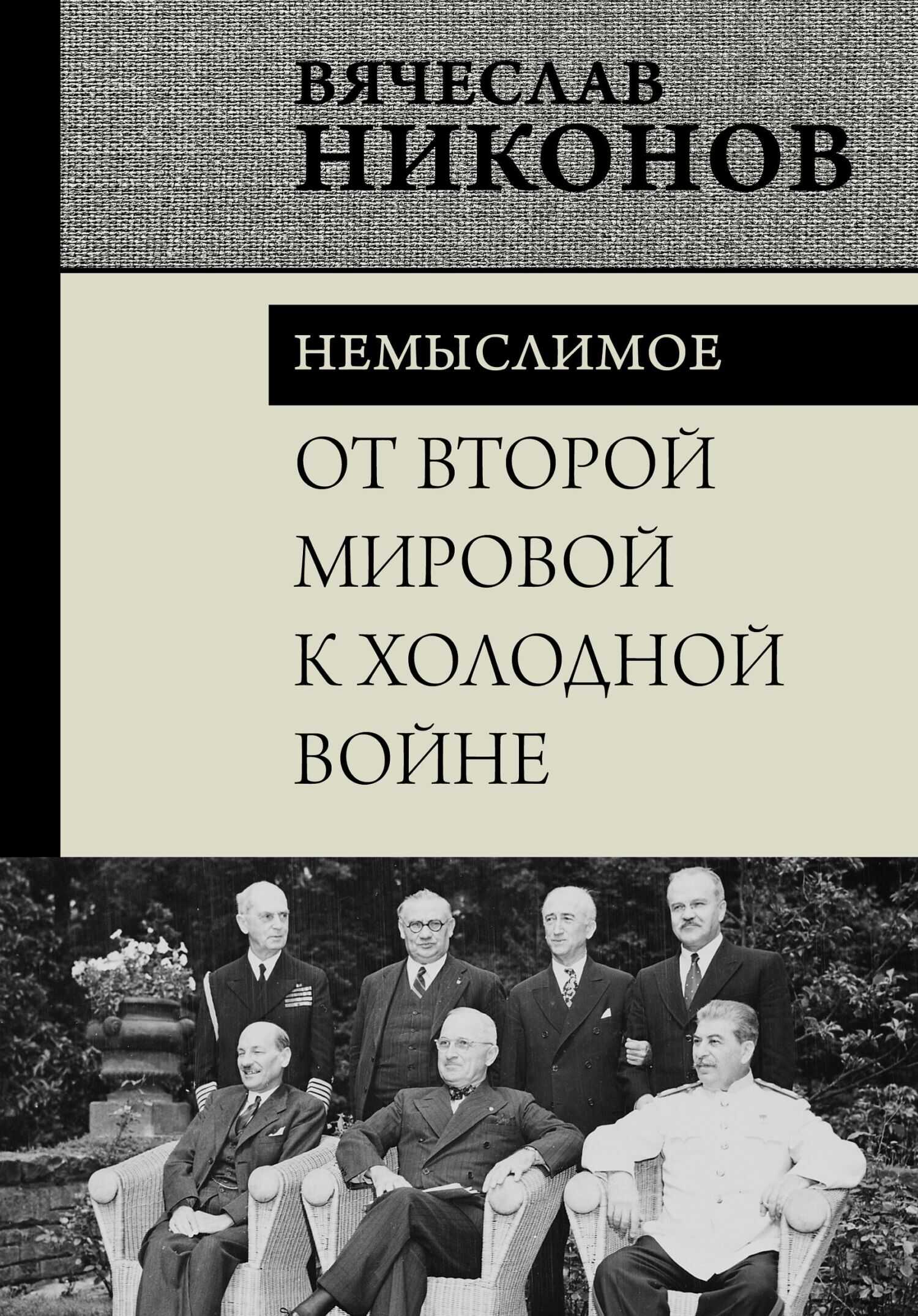Книга Тревожные воины. Гендер, память и поп-культура в японской армии - Сабина Фрюштюк
Читать книгу Тревожные воины. Гендер, память и поп-культура в японской армии - Сабина Фрюштюк полностью.
Шрифт:
-
+
Интервал:
-
+
Закладка:
Сделать
Перейти на страницу:
Перейти на страницу:
Книги схожие с книгой «Тревожные воины. Гендер, память и поп-культура в японской армии - Сабина Фрюштюк» от автора - Сабина Фрюштюк:
Комментарии и отзывы (0) к книге "Тревожные воины. Гендер, память и поп-культура в японской армии - Сабина Фрюштюк"








